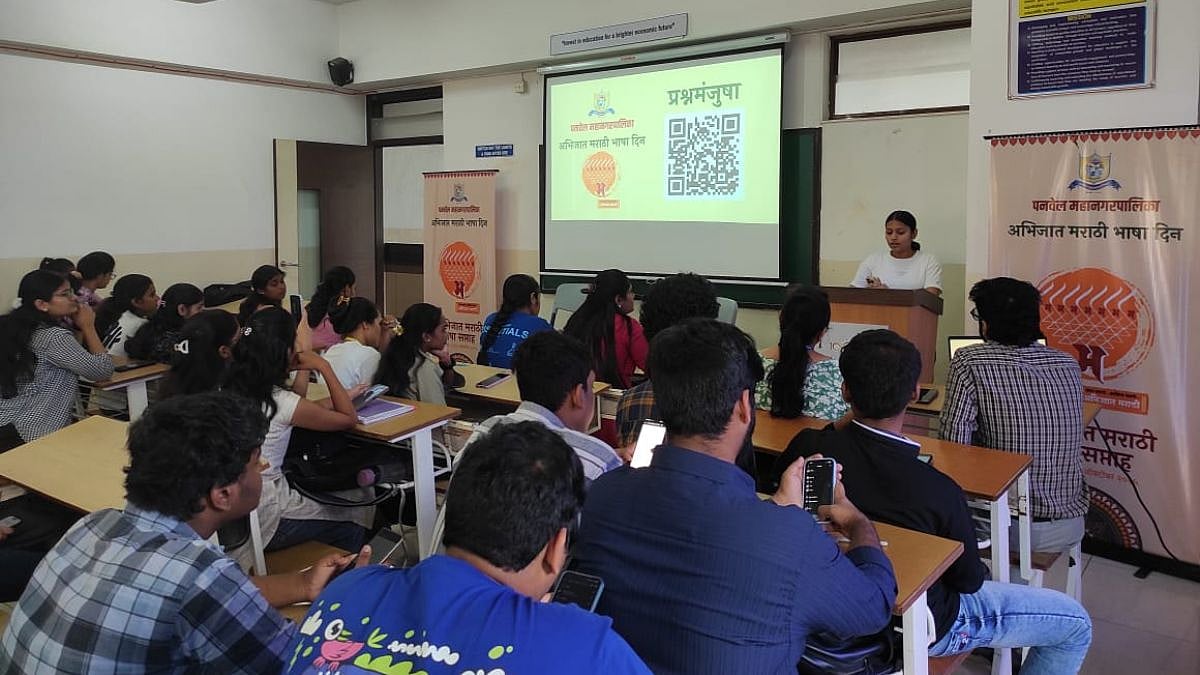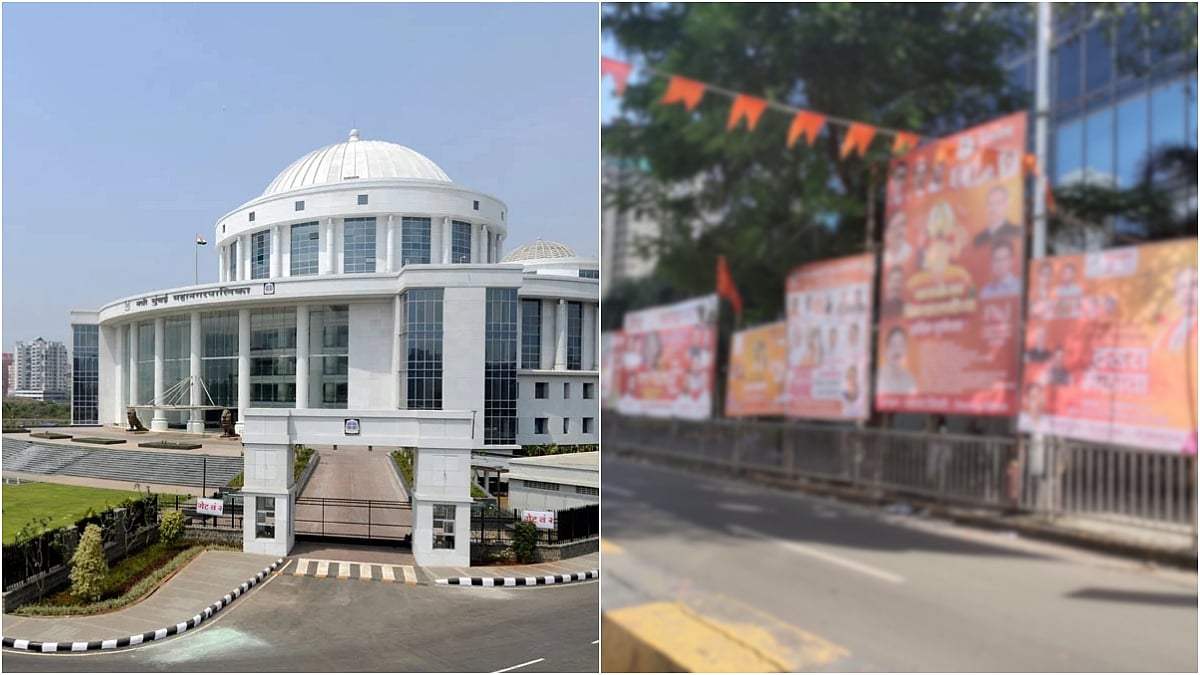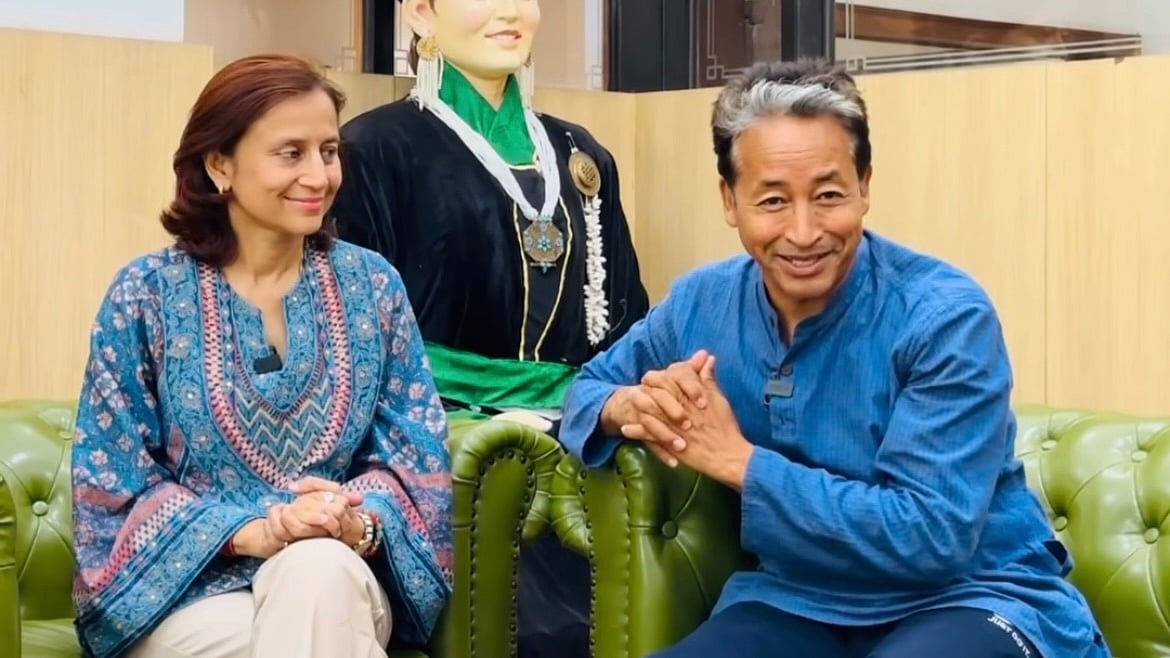ChatGPT has been in the news for the last few months. It is impossible to go on to career sites without seeing a certain kind of panic around the jobs that will be eaten up by ChatGPT. Underlying all this is the terror that a piece of programming that has been trained on millions of pieces of references, can do your job at a fraction of the time that it takes you, and at a really low, almost non-existent cost. And, this fear of being replaced by the new generation of generative AI is sending chills down our collective spines.
From the time that humans have invented the wheel, different technologies have replaced us. Machines have replaced humans in assembly lines, in warehouses, in mines, undersea and overland. But it is not just the hazardous, laborious, monotonous and physically intense jobs that are going. It is also highly skilled and precise ones. The first robotic surgery took place in India in 2006. Since then the trend has just been growing. A 2020 paper in the Indian Journal of Urology says, “There are 66 centres and 71 robotic installations as on July 2019, with more than 500 trained robotic surgeons in our country. More than 12,800 surgeries have been performed with robotic assistance”. If you wanted to have a very precise surgery — let us say an eye surgery — what would you prefer a super precise and steady robotic arm, or human with all her frailties?
But ChatGPT is different from what we have been used to seeing. Robotic surgeons or assembly line robots or miner robots — are designed to perform specific tasks, such as manipulating surgical instruments and making decisions based on real-time data inputs. It may use a combination of computer vision, machine learning, and control systems to accomplish these tasks. But it is not going to have a conversation with you.
Chat GPT, on the other hand, can have a conversation with you. It is based on a type of AI called a language model, which is trained on vast amounts of text data to generate human-like responses to text-based inputs. it is classified as Generative AI, that generates new data, images, text, music, or other forms of output based on examples or patterns learned from existing data. The image that goes with this article, has been generated by an AI, and it took it some 3 seconds to create it.
The other type of AI is discriminative — and that predicts outcomes based on input data. Between generative AI capable of generating original outputs — think images and videos by combining and transforming the data it has learned from; discriminative AI — that can predict, and AI that can do — miners, surgeons etc — you can a see a whole swathe of jobs under threats.
One thing is clear, you cannot prevent the onset of technology. You cannot, as has been suggested, ban the use of AI that will take away jobs. You will need to see how to use it effectively to improve our shared life experiences. Also, there is no point saying that people who lose jobs will get newer, better improved jobs — most of them will not. With technology becoming more and more sophisticated, and the cost of technology dropping each day – it is unclear as to whether you need humans to do most tasks. ChatGPT, for example, writes excellent error-free code. It writes a great advertising campaign. Additionally, it is likely that in fields such as customer service, support and data entry, automation with AI-powered conversational models could result in job losses for a fair few workers in these fields. All round it is difficult to predict how many jobs will go, but it is likely that many will.
Right now the educational system, in India and other nations, is still geared towards producing graduates to work in the industrial era. By the time it gears up to produce people to work in the era of AI, the next generation of AI will be here. And therefore the question is how do you handle the mass unemployment problem.
Economists have been talking about Universal Basic Income (UBI) for some time. UBI is a form of social security in which everyone in the country, receives a regular, unconditional sum of money, regardless of their income, employment status, or other factors. The idea behind UBI is to provide a minimum standard of living and reduce poverty, while also giving individuals greater financial stability and freedom to pursue education, entrepreneurship, or other opportunities.
How would UBI be funded? Surprisingly the answer comes Bill Gates, who has suggested an AI and robot tax. Gates has suggested taxing companies that use AI and robots to replace human workers. He has stated that such a tax could help slow down the pace of automation and provide funding for retraining programs for workers who lose their jobs to these technologies. Gates has also suggested that the revenue generated from a robot tax could be used to support social welfare programs such as Universal Basic Income, which would provide a safety net for those affected by automation-related job losses
The fact is that AI is not something that is going to impact our lives in the future. It is already here. And, humankind has not even begun discussing various aspects of using AI — from the ethics of it, to the regulation of it, or even the impact it will have on society. It is time we began having those conversations. But, it is also time we looked to see how we will fund Universal Basic Income.
The writer works at the intersecton of digital content, technology, and audiences. She is a writer, columnist, visiting faculty and filmmaker. She tweets at @calamur










